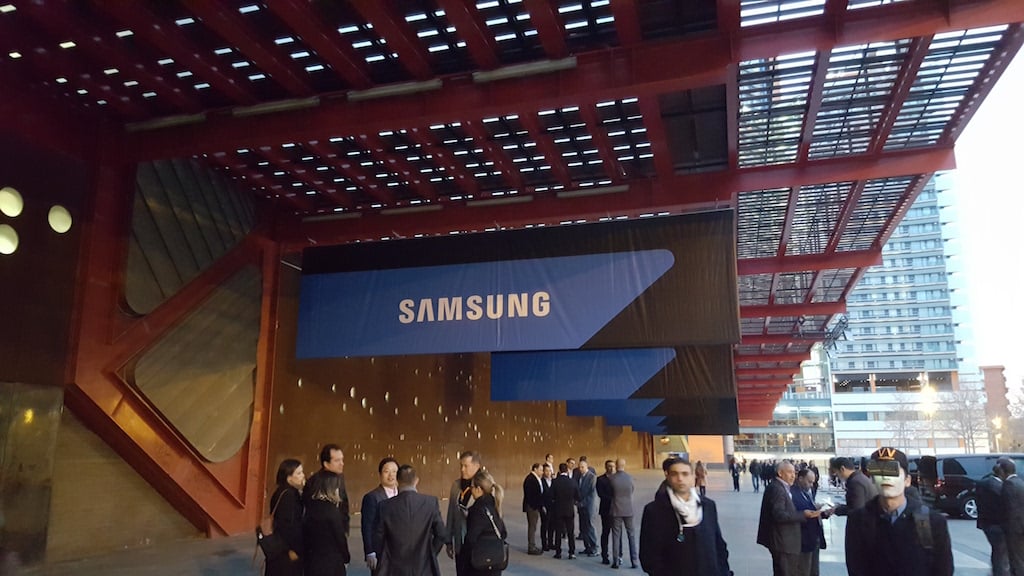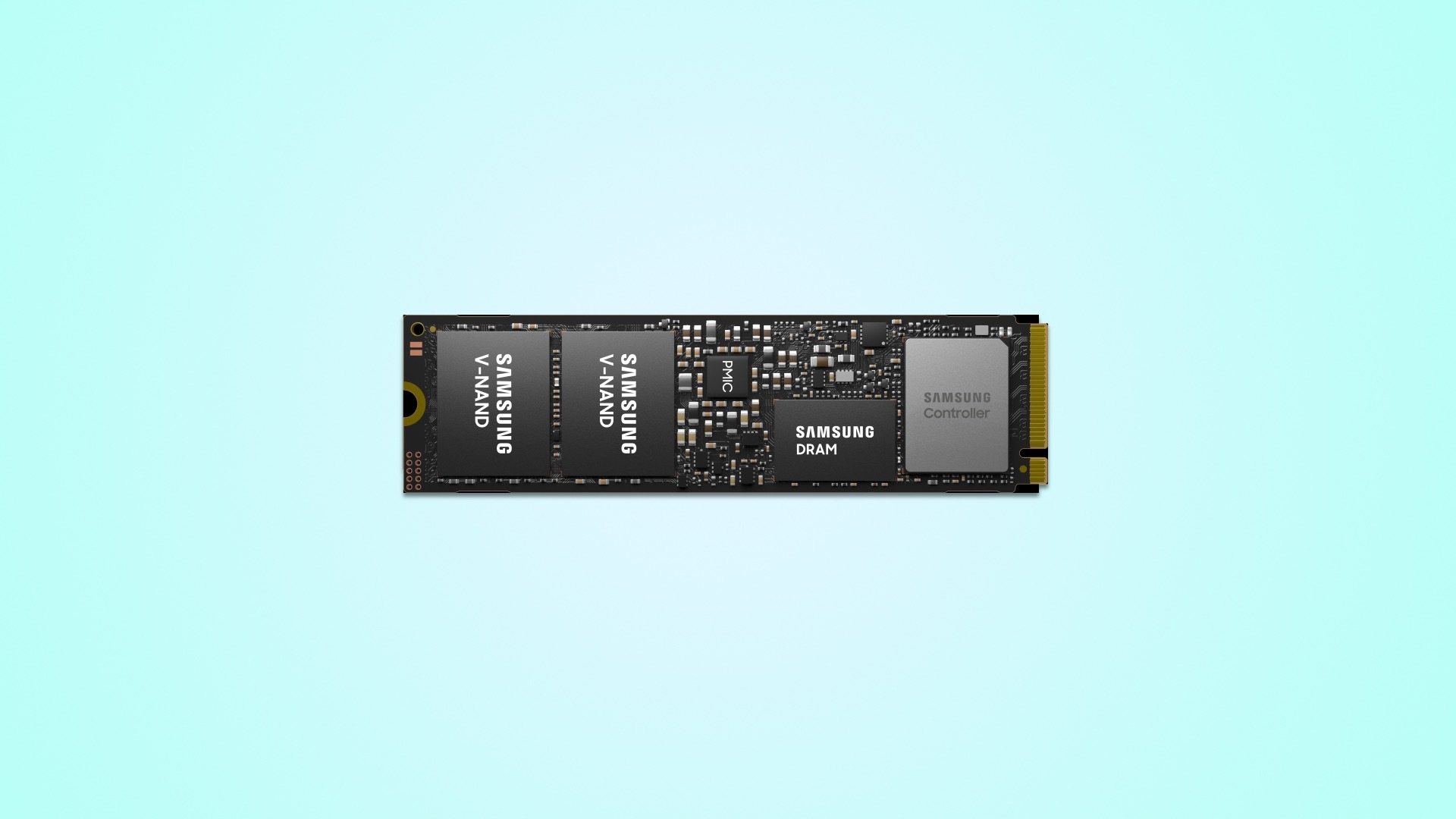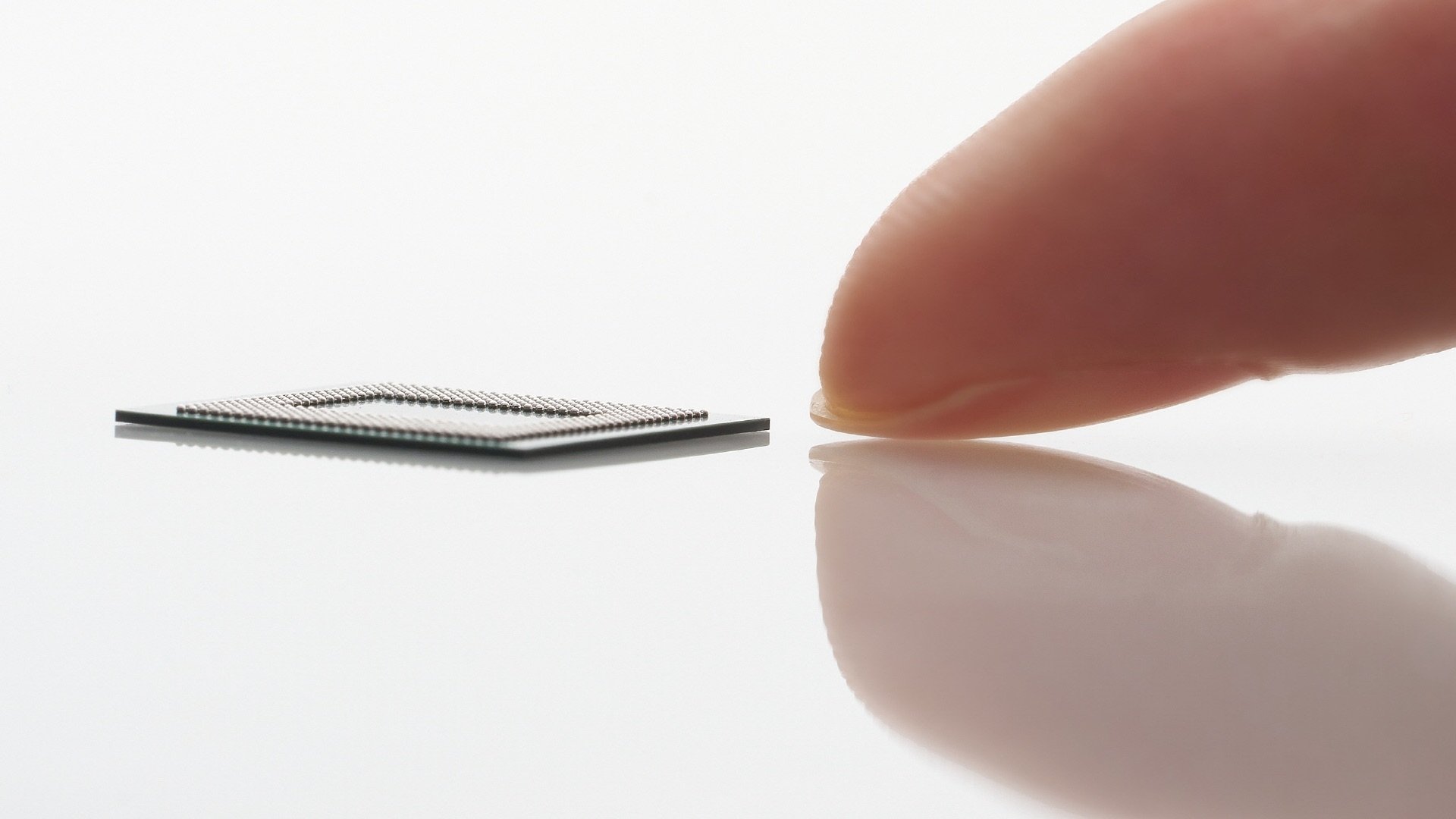
However, Hagens Berman, a Washington-based law firm, believes that it may not have been pure luck for Samsung and the other top DRAM manufacturers. It has filed a lawsuit seeking class-action status in the US District Court for the Northern District of California against Samsung, Hynix and Micron on behalf of US consumers of smartphones and computing products during 2016 and 2017. The lawsuit claims that these three major DRAM manufacturers colluded on limiting the supply of several DRAM products to drive an increase in prices.
Investigation reveals possible signs of collusion
Hagens Berman antitrust attorneys conducted an independent investigation and claim to have discovered that Samsung, Hynix and Micron colluded to limit the supply of DRAM products in order to drive up prices. DRAM is an essential component in modern devices and can be found in smartphones, tablets, computers, cameras and other gadgets.
The three DRAM manufacturers that have been sued collectively account for over 96 percent of the global DRAM market. Prices for their DRAM products surged by more than 100 percent during the period mentioned in the lawsuit and revenues at Samsung, Hynix and Micron from DRAM sales reportedly more than doubled during the same period. The lawsuit claims that these companies made “supply decisions in unison” to limit the supply of DRAM products thus causing the price to inflate considerably over 2016 and 2017.
“What we’ve uncovered in the DRAM market is a classic antitrust, price-fixing scheme in which a small number of kingpin corporations hold the lion’s share of the market,” said Steve Berman, managing partner of Hagens Berman, adding that “Instead of playing by the rules, Samsung, Micron and Hynix chose to put consumers in a chokehold, wringing the market for more profit.”
Samsung is yet to comment on the matter.
















